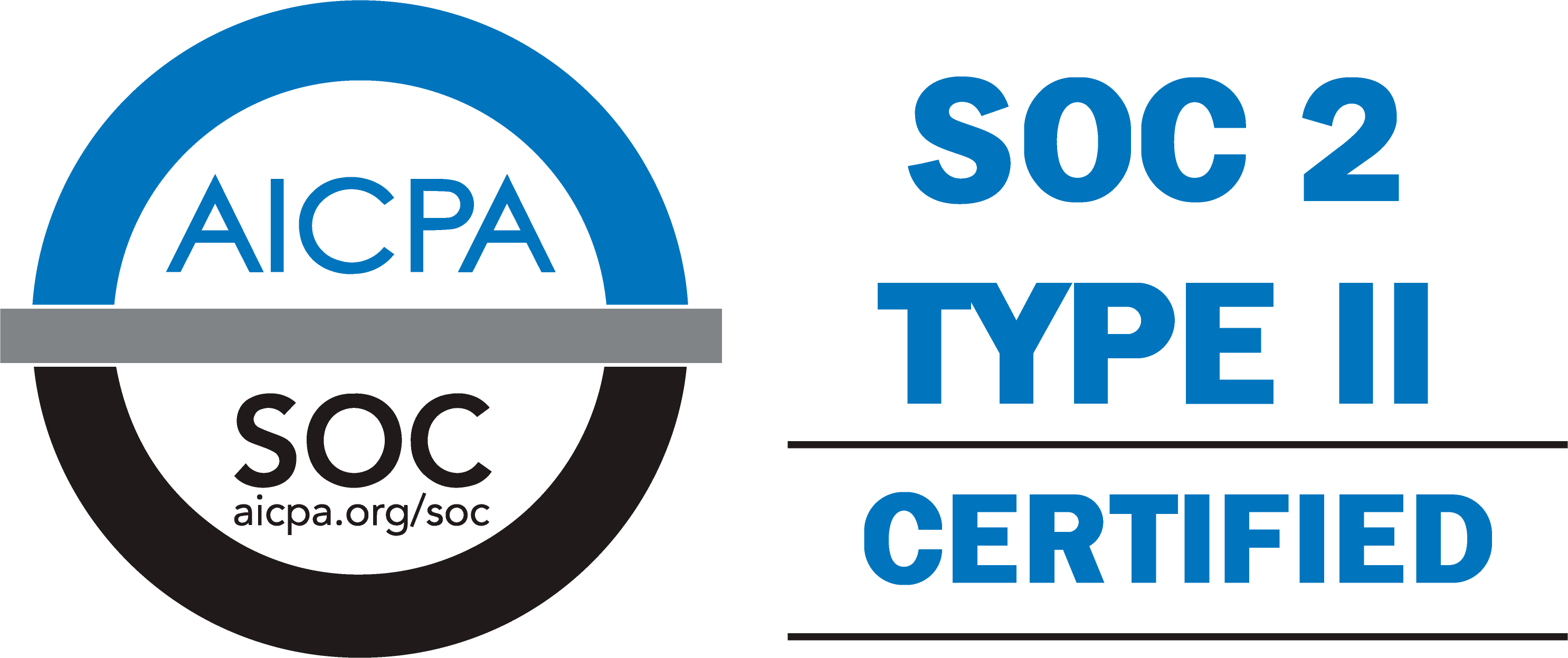|
September 1, 2022 |
Categories: Informative Articles |
New Legislation, Technology Aim to Improve Maternal Mental Health
Healthcare providers screen patients for postpartum depression every day. But when Lucina board member and board-certified OB/Gyn Dr. Holly Puritz noticed one of her patients had excessive, unusual worries, Dr. Puritz knew something was wrong.
“She was in the healthcare field and was in a very high-level position at our hospital, so she had the background to understand that her concerns were not really reasonable,” Dr. Puritz explained.
The patient progressed to symptoms typical of depression and began taking prescribed antidepressants. But then she told her husband their baby was talking to her, saying she was the wrong mother for the baby and needed to separate herself from the baby.
The patient was diagnosed with postpartum psychosis, and after treatment she stabilized and continued to improve. Today she is the happy mother of a two-year-old and back at work.
While this patient’s story is not typical, maternal mental health conditions including depression, anxiety, and substance use disorders are among the most common, yet underdiagnosed, complications of pregnancy and childbirth.
One in five women are affected by these conditions while pregnant or in the first year following pregnancy. According to the Maternal Mental Health Leadership Alliance, 75 percent of women who experience maternal mental health symptoms go untreated at a financial cost of $32,000 per mother and infant. This adds up to a hefty bill — maternal mood and anxiety disorders left untreated in the two-year timeframe from conception to baby’s first birthday were estimated to cost the United States $14.2 billion in 2017.
Poor maternal mental health is also associated with adverse outcomes for patients and infants. These include obstetric, neonatal, and long-term health complications, as well as difficulties in bonding with and nurturing a newborn. In addition, untreated maternal mental health conditions are a risk factor for future mental health problems in children. Postpartum depression is the greatest risk factor for maternal suicide, a major contributor to maternal mortality.
The good news is new legislation is addressing this serious health problem. The Into the Light for Maternal Mental Health and Substance Use Disorders Act of 2022 has been included in the House Energy and Commerce Committee’s Restoring Hope for Mental Health and Well-Being Act of 2022 since June 2022. This legislation, supported by more than 100 organizations, reauthorizes and expands grants to create programs to address maternal mental health. It also establishes and funds a dedicated national maternal mental health hotline to provide round-the-clock voice and text services.
Technology is also helping to advance maternal mental health care. Lucina’s technology captures 4th trimester data that can help patients during current and future pregnancies.
The 4th trimester is the transition period after childbirth when infants are adjusting to life outside the womb and moms are adjusting to being parents. Many biological, psychosocial and social changes happen during this time, but our current healthcare system doesn’t support it sufficiently.
With some health plans, Lucina provides important risk assessment data 90 days post-delivery, which is vital for both moms and babies after they’ve left the hospital.
“The more we know about a patient, the more that we could be alerted to aspects of their past history that really could be life changing,” said Dr. Puritz.
For more information about our predictive analytic tool, contact us here. And don’t forget to follow us on LinkedIn and Twitter.



